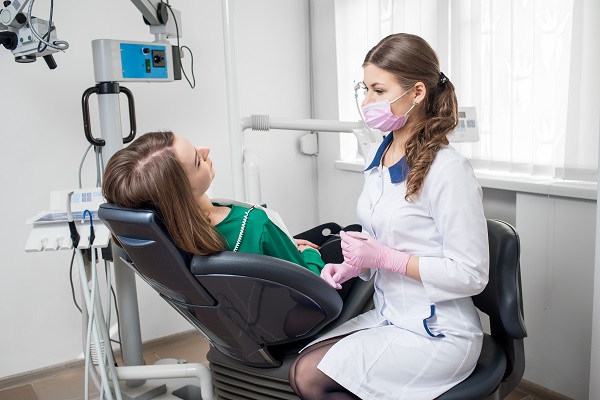In today’s fast-paced world, maintaining good dental health is more important than ever. With rising awareness about the impact of oral hygiene on overall well-being, dental care has evolved into an essential component of daily routines. Regular dental check-ups and proper brushing and flossing techniques are vital in preventing a host of dental issues, from cavities to gum disease, ensuring a healthy smile that can last a lifetime.
Understanding the fundamentals of dental care not only promotes oral health but also enhances self-esteem and quality of life. This article delves into the best practices for effective dental hygiene, tips for choosing the right dental products, and the importance of professional dental visits. By empowering individuals with knowledge about their dental health, we can foster a culture of preventive care that keeps smiles bright and teeth strong.
Essential Dental Hygiene Practices
Maintaining optimal dental hygiene requires a consistent routine that incorporates regular brushing with fluoride toothpaste, flossing daily, and limiting sugary food and beverage intake. Brushing twice a day for at least two minutes each time can significantly reduce plaque buildup and the risk of cavities. Flossing helps remove food particles and plaque from between teeth and beneath the gum line, areas that a toothbrush often misses. Additionally, incorporating mouthwash can provide an extra layer of protection against bacteria, contributing to fresher breath and overall oral health. For personalized care and guidance on effective dental hygiene practices, consider visiting Trusted Dental Care Solutions in Goodyear.

The Importance of Professional Dental Visits
Regular professional dental visits play a pivotal role in preventive care, allowing dental professionals to identify and address potential issues early on. During these visits, dentists can perform cleanings that remove tartar buildup and conduct examinations to check for signs of decay or gum disease. Professional assessments can help tailor home care routines to individual needs, ensuring comprehensive dental health. It’s generally recommended to visit the dentist every six months, but individuals with specific concerns may require more frequent check-ups. Investing time in these visits is an investment in both oral and overall health.
In conclusion, prioritizing dental care is not just about achieving a bright smile but also about ensuring long-term health and wellness. By adhering to essential hygiene practices—such as brushing, flossing, and regular professional check-ups—we can mitigate the risk of common dental issues and improve our quality of life. Staying informed about the latest dental health recommendations empowers us to make better choices and fosters a proactive approach to oral hygiene. Ultimately, establishing a comprehensive dental care routine will contribute to lasting confidence and vitality, reinforcing the idea that healthy teeth are an integral part of a healthy lifestyle.

